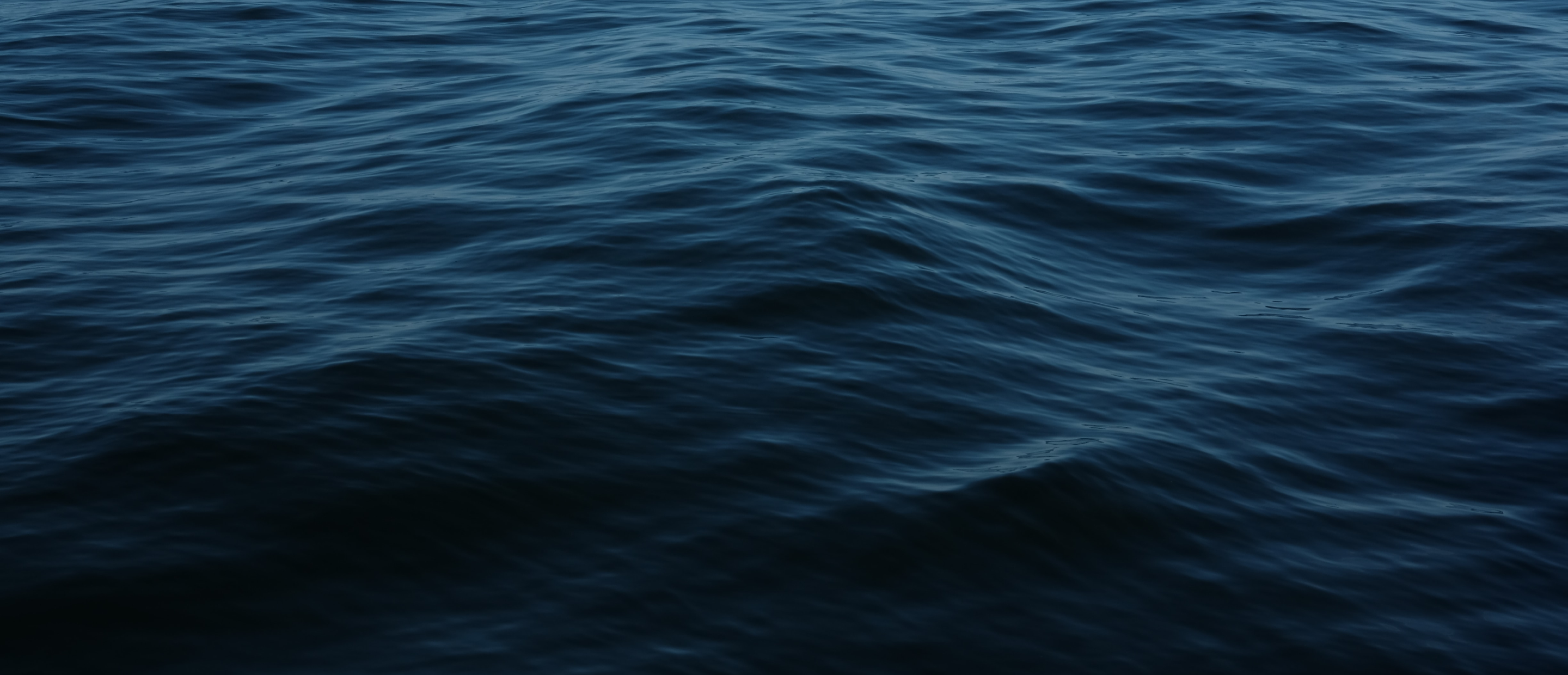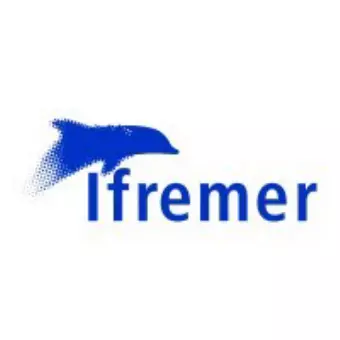Ocean Job Board

We created the Ocean Job Board to facilitate access to job postings in the marine community.
The board links directly to the career pages of ocean organizations and updates when jobs are posted or taken down. It's free to use, and all applications go directly to the hiring organization.
Please also check out the ocean job boards run by these organizations: Seven Seas Media, Ocean Careers, WiseOceans, American Fisheries Society, Marine Conservation Institute, Nature Tech and ClimateBase.
Posting a job is free. To add or remove your organization or ask a question, please email us at jobboard@schmidtmarine.org.

Ifremer
This job is no longer accepting applications
See open jobs at Ifremer.See open jobs similar to "Post-doctoral position in spatial epidemiology and phylodynamic (M/F)" Schmidt Marine.Job title : Post-doctoral position in spatial epidemiology and phylodynamic (M/F)
Reference: PV-2023-1352/4
Department/Office:
Duration in months :18 mois
Start date:
Deadline for applications:11/02/2024
General areas of responsibility
The Marine Invertebrate Health Adaptation Unit (ASIM) conducts projects related to
i) the study of diseases affecting marine mollusks;
ii) the detection and study of disease outbreaks;
iii) host adaptation to these diseases (resistance development and associated determinism).
The ASIM unit serves as a strong integration point between research activities and surveillance/reference functions, thanks to its internationally recognized expertise. It is both a National Reference Laboratory (NRL) and a European Union Reference Laboratory (EURL) for marine mollusk diseases. The main objectives of the ASIM unit are to enhance knowledge and data on the genomes of marine invertebrates and their pathogenic microorganisms, to better understand the evolutionary and adaptive mechanisms of marine invertebrates and associated pathogenic microorganisms in their ecosystem, and to develop risk analysis approaches within a broader "One Health" framework.
The postdoctoral position is funded by an ANR JCJC project named IDEAL.
You will work on quantifying the contribution of genomic analyses to the understanding of marine pathogen spread and identification of drivers.
You will be specialized in spatial and molecular epidemiology and aim at exploring relevant contrasting scenarios to compare and integrate together spatio-statistical and phylogeographic models to detect factor impacts on pathogen spatial distribution and spread.
You will:
Three aspects will receive particular attention:
i) impacted epidemiological parameters;
ii) monitoring and diagnosis conditions;
iii) evolutionary rates of pathogens.
The data simulated within the framework of the different scenarios identified will be used to evaluate and compare the methods available for testing the impact of factors on the spread of pathogens.
You will be responsible for leading the publication resulting from this research.
You will be supervised by the coordinator of the project Maude Jacquot (IFREMER, ASIM), researcher in molecular epidemiology and will be working closely with project collaborators at IFREMER (ASIM, LPI, SeBiMER).
You will be co-supervised by Simon Dellicour from the Spatial Epidemiology Lab (SpELL) hosted at the University of Brussels (ULB, Belgium), who is an expert on methodological developments and applications in landscape phylogeography. Regular remote meetings with S. Dellicour will be organized and you will visit him at SpELL at least twice during your contract.
Required Knowledge, skills, and characteristics
Knowledge, skills and abilities
Human qualities
Specific working conditions
The Institute and the recruiting departement
A pioneer in ocean science, IFREMER’s cutting-edge research is grounded in sustainable development and open science. Our vision is to advance science, expertise and innovation to:
- Protect and restore the ocean
- Sustainably use marine resources to benefit society
- Create and share ocean data, information & knowledge.
With more than 1,500 personnel spread along the French coastline in more than 20 sites, the Institute explores the 3 great oceans: the Indian, Atlantic and Pacific oceans. A leader in ocean science, IFREMER is managing the French Oceanographic Fleet and its dedicated scientists create ground-breaking technology to push the boundaries of ocean exploration and knowledge, from the abyss to the atmosphere-ocean interface.
Well-established in the international scientific community, our scientists, engineers and technicians are committed to advance knowledge about our planet’s last unexplored frontiers. They provide the science we need for informed decision-making and public policy and they transfer this knowledge and technology to businesses to fulfill public and private needs. Core to our mission is also to strengthen public awareness about the importance of understanding the ocean and its resources, and empowering future generations of leaders through education and outreach national campaigns.
Founded in 1984, IFREMER is a French public organization and its budget approximates 240 million euros. It is operating under the joint authority of the French Ministry for Higher Education, Research and Innovation, the french Ministry of the Sea, the French Ministry for the Ecological and Solidary Transition, and the French Ministry of Agriculture and Food.
How to apply for this position
Deadline for applications: 11/02/2024
All applications are processed exclusively via our website. Interested candidates can apply by clicking the “Apply” button.
This job is no longer accepting applications
See open jobs at Ifremer.See open jobs similar to "Post-doctoral position in spatial epidemiology and phylodynamic (M/F)" Schmidt Marine.